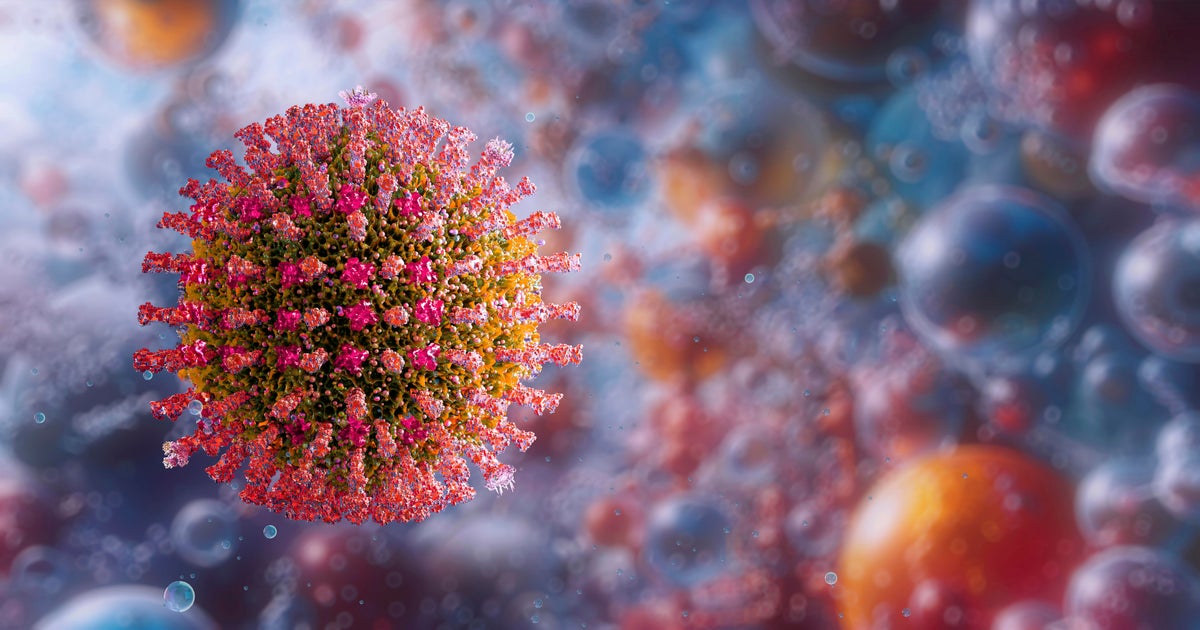What's So Dangerous About Eating Raw Cookie Dough?
MINNEAPOLIS (WCCO) -- It's the season to remind holiday bakers: Don't eat raw cookie dough. That's a warning from the Centers for Disease Control and Prevention on Monday.
So, what's so dangerous about raw cookie dough? Good Question.
"Well, it's raw," says Carlota Medus, assistant section manager for Foodborne, Vectorborne, Waterborne and Zoonotic Diseases at the Minnesota Department of Health. "When they're raw, they can have pathogens like salmonella or E. coli and that can make you very sick."
Most people know raw eggs can give someone salmonella, which can cause people to develop diarrhea, fever and stomach cramps 12 to 72 hours after being exposed to the bacteria.
But, some are surprised to learn the flour in dough can be dangerous as well if it's not heated or cooked. Flour sold in grocery stores is raw. According to the CDC, a 2016 outbreak of E. coli infections linked to raw flour made 63 people sick.
The symptoms of E. coli are different for everyone but often include severe stomach cramps, diarrhea and vomiting. The CDC reports people usually get sick three to four days after exposure. Most people recover within a week, but some can be hospitalized or have kidney failure.
"The reason it's risky is flour is a grain," Medus says. "It's not a sterile product – it's intended to be baked or cooked."
Grains are grown in fields near animals that can introduce contaminants that remain throughout the entire collection and transportation process.
As for items like cookie dough ice cream, the FDA requires any cookie dough marketed as edible be specially produced and pasteurized. Medus says this was a change after a 2005 cookie batter ice cream salmonella outbreak.
The flour in the Pillsbury and Nestle versions of store-bought cookie dough is also heat-treated, but the companies still recommend people not consume raw cookie dough.
"While Nestle Toll House refrigerated cookie dough products contain heat-treated flour and pasteurized eggs, these products are not intended to be consumed raw and should be baked as directed prior to consumption," says Nestle spokeswoman Lauren Brady.
General Mills also said it supports the CDC's recommendation.
"Even a small amount of contamination can make someone very sick," says Medus. "It depends on the person."







